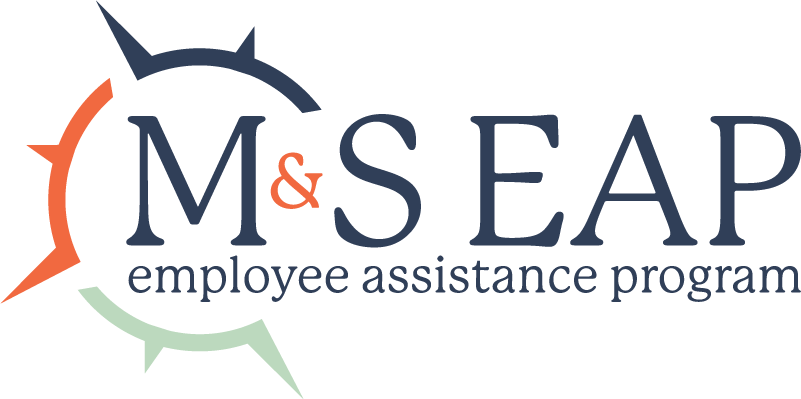Controlling Stress without More Medication

If you’ve been struggling with mental health issues and have hit a plateau, you may be wondering what’s next. There are limitless treatment options to work towards treating mental illness, but the most prominent may be the only ones you and your practitioner have considered, namely psychotherapy and medication.
Although therapy and medication for stress have their place and are perhaps the most successful evidence-based treatment modalities for mental disorders, there are a huge variety of other treatment options to complement what you’re already doing. Before increasing therapy sessions and dosages, consider supplementing with new forms of treatment.
By no means is this article attempting to dissuade you from continuing your medication routine or trying to find a dosage that works for you. However, if you are feeling increased stress and hoping to incorporate more organic, non-medical interventions, try out some of these suggestions before resorting to increased medication dosages.
Alternatives to treat stress without medication
Recommit to self-care: Self-care is one of the simplest methods for effective stress management. Engage in a new hobby, read self-affirmations aloud or practice mindfulness through deep breathing and meditation. Almost anything that decreases stress and promotes a healthy self-concept can be beneficial to your mental health treatment. Build a routine of self-care and commit to it daily for the best results.
Exercise more: Study after study supports the beneficial impact of exercise on mental wellness and coping with stress. Even those who don’t struggle with mental health issues praise exercise for the positive impact it has on mood and overall mental and physical performance.
According to the Mayo Clinic, exercise boosts endorphins, increasing a sense of pleasure in your body. It also helps your body to build a stronger stress response. More than that, working out improves sleep. All of these things contribute to decreased stress.
Get outside: Spending time outdoors is proven to improve mental health outcomes, most notably decreasing depression and stress. An extra intake of Vitamin D, which you get from exposure to sunshine, could be the boost you’re looking for. A study published in Issues in Mental Health Nursing reported that increasing Vitamin D through time spent outdoors can be an easy and cost-effective intervention to decrease depression and improve long-term health and quality of life.
Moreover, a study published in Behavioral Sciences found that spending time in outdoor environments significantly decreased stress in comparison to time spent in urban settings. Get outside and seek out natural environments to benefit from a whole new kind of treatment.
Eat healthier: What you put into your body affects how it performs. It makes sense that stress and poor eating work in a cycle: eating poorly makes you stress more; stressing more can contribute to poor eating decisions. Breaking this pattern and learning to eat healthy can be a game changer for managing stress levels.
Consider making a meal plan or consulting with a nutritionist as an add-on to your current treatment. You may not notice progress overnight, but with commitment and time this lifestyle change will have a big impact on your mood. Some of those old worries could disappear as you start feeling better.
Focus on better sleep: If you’re wondering how to cope with stress, you’ll be happy to hear about this pleasant solution: sleep more. The American Psychological Association states that sleep is a critical factor in mental health, as even slightly less sleep can impact judgment, memory and mood. Moreover, the APA cites a study that found Americans would be more happy, healthy and safe with an extra hour to an hour and a half of sleep per night. Start counting sheep so you can count in for a higher quality of life.
Other formal or medical intervention options
Brain stimulation treatments: According to the National Institute of Mental Health, these treatments are typically only used when traditional methods have not shown improvement. Brain stimulation treatments, or electroconvulsive therapy stimulates the brain with electricity. Other similar treatments include Vagus Nerve Stimulation (VNS), repetitive Transcranial Magnetic Stimulation (rTMS) and Magnetic Seizure Therapy (MTS).
Hospitalization or inpatient programming: In a residential setting you can receive 24/7 support for your mental illness. Much of the treatment at one of these facilities will mimic the talk therapy and medication management you have already experienced, with heightened intensity and supervision.
Get in touch
If you’re looking to decrease the stress in your life and want to try out alternative treatment options before adding more medication to your routine, there are plenty of options to try out. Self-care, healthy eating habits, time spent outside and other options are not only proven to be effective, but offer chances for you to make your treatment fun and new.
Having support as you try out these new treatment methods will be important to gauge improvement. Mental health professionals available through Mazzitti & Sullivan EAP are trained to help you decrease stress through conventional and unconventional methods, and will be your biggest supporter in trying out new things. Reach out to Mazzitti & Sullivan EAP to get in contact with an EAP counselor today, or call 1-800-543-5080 to get started today.



